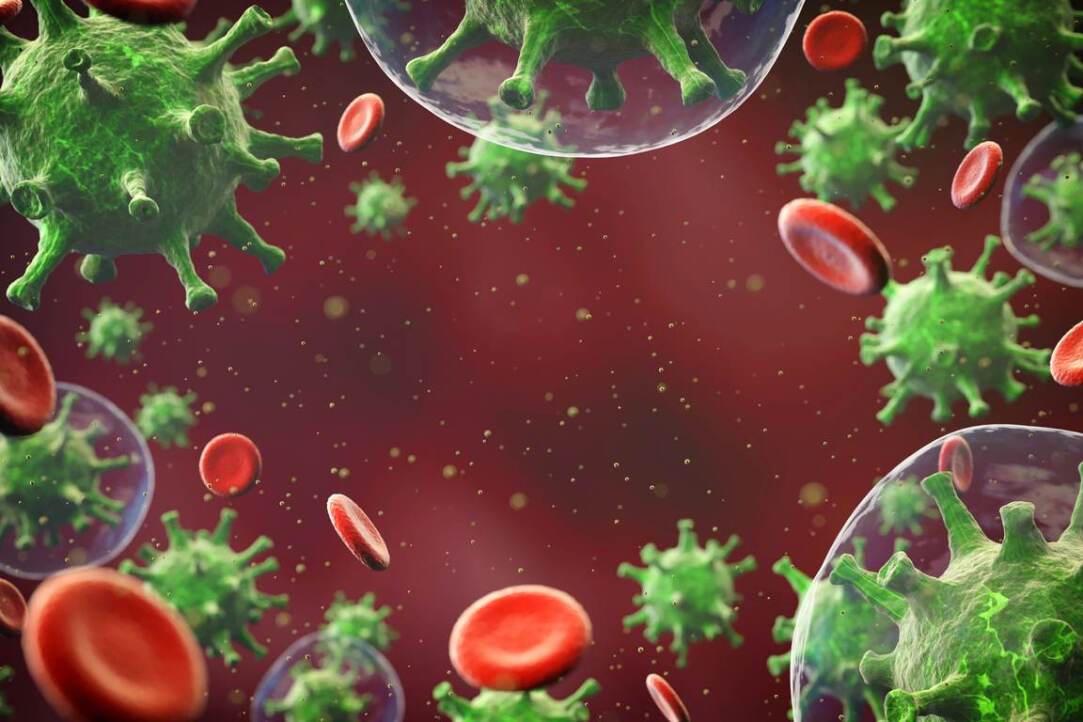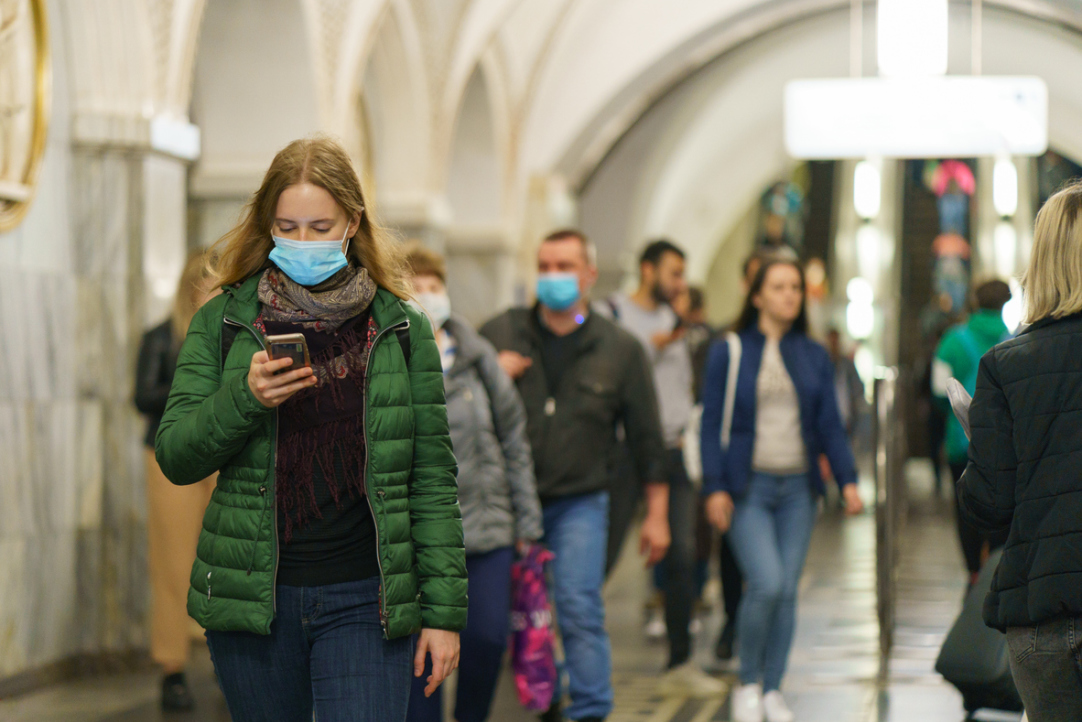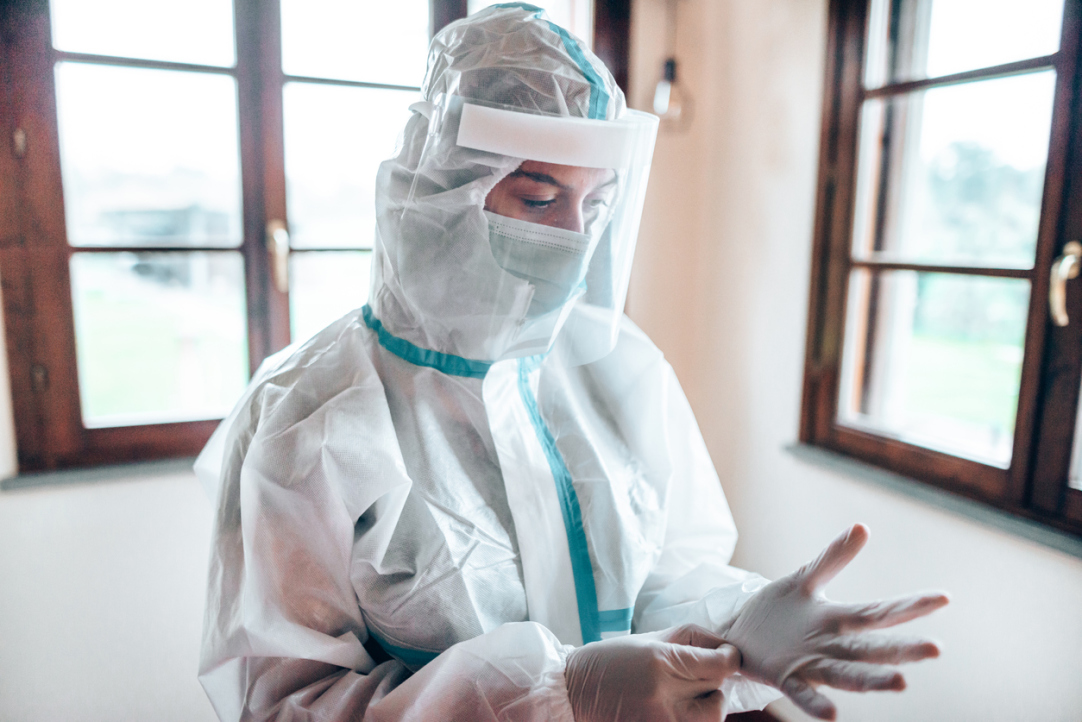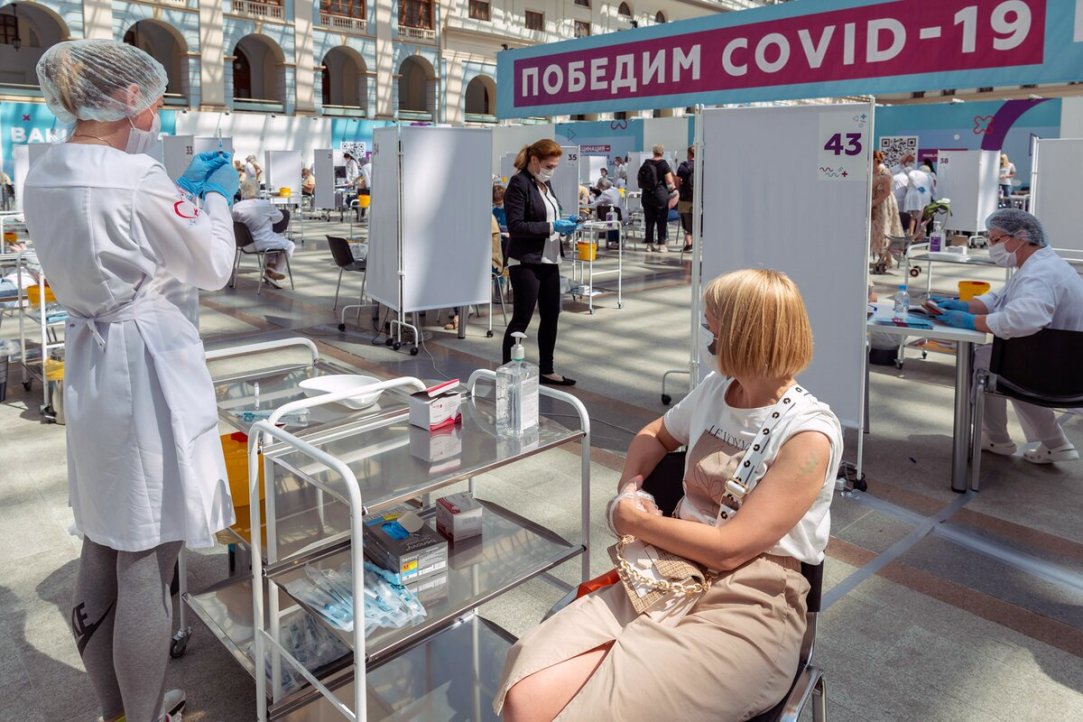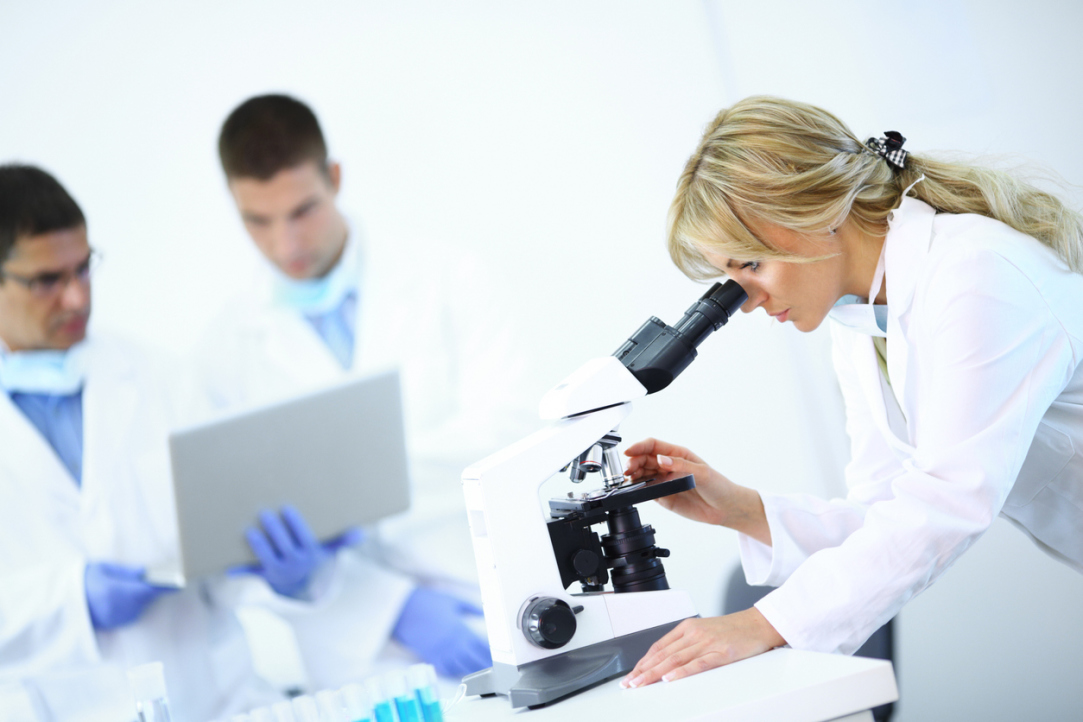COVID-19 came as an unexpected challenge for humanity. Countries adopted different, sometimes diametrically opposed approaches to minimising the pandemic's impact: from hard lockdowns to no restrictions at all, as in Sweden. It was only last week that China began to relax its zero-tolerance policy. Researchers of the HSE Faculty of Economic Sciences have identified a few factors which tend to have the greatest impact on the spread of COVID-19—in Russia, such factors include ambient humidity and temperatures, population mobility, the share of internal migrants in the local population, and household incomes. The study findings are published in
Population and Economics.
